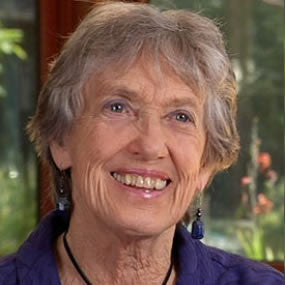Triggers and Trauma as Portals to Growth with Susan Campbell, Ph.D.
Product Tags
- adrenaline
- amygdala
- Archetype of good mother
- compassion
- conditioned mind
- cortisol
- emotional triggers
- Health & Healing
- inner self-compassion
- lizard brain
- pause agreement
- pausing
- polarization
- Psychology
- reactions
- reactive brain
- Relationship
- self-soothing
- survival alarm system
- Susan Campbell
- trigger signatures
- triggered response










